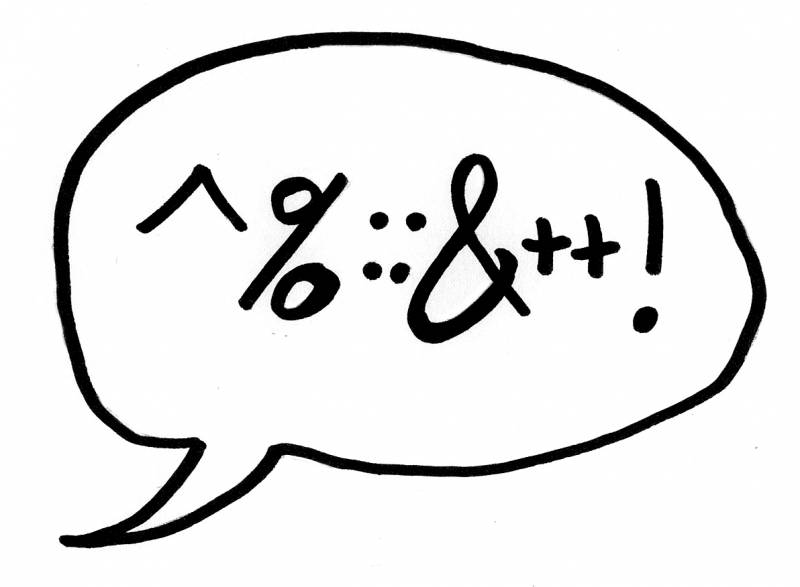Around here, lots of process conversations start with, “Hey! Got a minute?”
When someone around APQC comes to me with one of those, I immediately cringe a little bit – rarely is the request something that I can actually handle in “a minute”. This is especially true if the request has something to do with how my department (Open Standards Benchmarking®) works with other departments (like marketing, research, finance, HR, etc.). But I have a secret weapon in my arsenal: MosaiQ™.
 Here’s a simple scenario: we launch or otherwise manage upwards of more than twenty Process Classification Frameworks (PCF)® a year – each one a unique and special thing in and of itself, and each one requiring interaction among a number of different groups in APQC. What if we wanted to create a language to talk about launching a process framework? MosaiQ is a super-tool in this situation because it helps us create a common language for our process based on APQC’s PCF and it provides a single place that anyone can come to measure, manage, and learn about the process.
Here’s a simple scenario: we launch or otherwise manage upwards of more than twenty Process Classification Frameworks (PCF)® a year – each one a unique and special thing in and of itself, and each one requiring interaction among a number of different groups in APQC. What if we wanted to create a language to talk about launching a process framework? MosaiQ is a super-tool in this situation because it helps us create a common language for our process based on APQC’s PCF and it provides a single place that anyone can come to measure, manage, and learn about the process.
Creating a common language begins with APQC’s PCF. As the owner of the first part of the process – creating the content – I can easily drag and drop parts of the framework from APQC’s library of PCFs across all industries. I can create custom elements – and that’s important because the PCF doesn’t have steps within it to actually manage the PCF on a tactical level. I can even drag-and-drop process framework parts from existing frameworks that I’ve already customized. This level of re-use can really accelerate the consistency of a process across an organization. Once I’ve got my part clearly articulated, others can come in and build atop it. I can invite my sales, marketing, and delivery teams to document what it is that they will do in order to move the process forward to completion. Individuals can quickly log in to MosaiQ, add and remove process elements, or even add assets like detailed process documentation, checklists, or templates as needed.
Once I’ve got the language in place, it’s easy to benchmark. We can even create custom KPIs that encompass the performance of our overall process or of individual process elements within it. Not to mention all of the collaboration aspects like comments, naming process owners and key systems, and more.
With MosaiQ, I can quickly tackle those “got a minute” questions – and even perhaps head a few off when everyone is comfortable using it!
MosaiQ will be available, at no additional cost, to APQC members on March 31. Learn more at www.apqc.org/mosaiQ or email [email protected] with questions.
You can follow John on Twitter @JohnGTesmer and join APQC’s Process Classification Framework LinkedIn Group